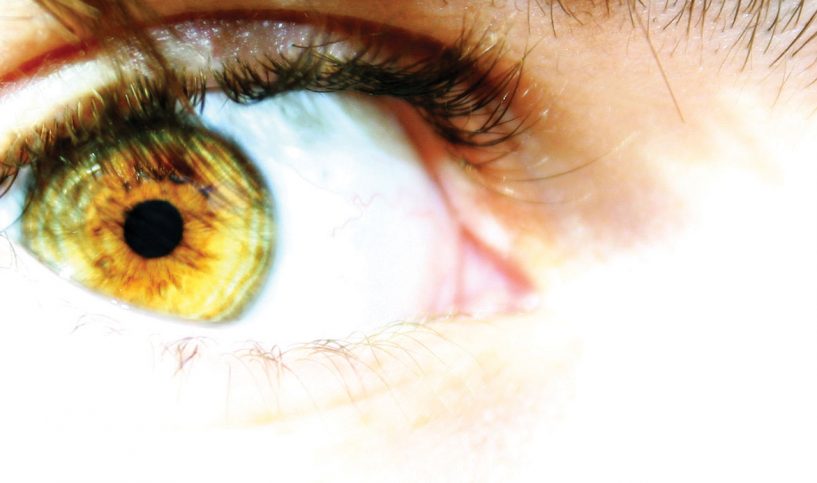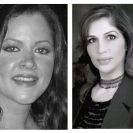…let me assert my firm belief that the only thing we have to fear is fear itself — nameless, unreasoning, unjustified terror which paralyzes… ~Franklin D. Roosevelt
Fear is a strange animal. It feeds on distortions and exaggerations, multiplies in the dark, and preys on the hearts of humanity without regard to any characteristic of birth. Fear is found in king’s palaces, pauper’s hovels and everywhere in between.
In this digital age, the amount of information we have at our fingertips is incomprehensible, and that’s not a bad thing, but the reality is like the proverbial iron hand in a velvet glove. The ‘velvet glove’ of knowledge covers the ‘iron hand’ of knowing. We don’t have time to verify, process, analyze, or reflect on that information to form a well-considered, thoughtful opinion. On anything. The immediacy of social media takes that opportunity away, and the consequence is often an equation of distortion and exaggeration, opinion and rhetoric, emotion and visceral reaction which equals… fear. We have become people who are afraid of everything.
Take a moment to imagine how this impacts the way we live in the world when we have this skewed perspective of reality in regard to, oh, say, refugees? Paris? Beirut? Religion(s)? Climate change? Poverty? Name any significant issue on the world stage and it is likely that any one of us can instantly remember a recent headline or statement about that topic or event. It is also likely to be a) negative, and b) sensational. Generalizing, I know, but not much.
On the positive side, we identify with those who suffer tragedy in ways never before possible, because we watched events unfold through the power of instant access. The outpouring of world response to tragic events and the harnessing of global goodwill is a very good thing. On the negative side, hate, prejudice, and bigotry multiply exponentially and the voices of reasoned debate and moderating influence are lost in the storm of public opinion. The truth is, pain and tragedy are marketable commodities in our voyeuristic, Internet-driven world.
Why does this matter?
Because we make decisions and choices for our lives based on a degree of anxiety that is skewed toward the negative. Everything new or different feels unsafe. In the barrage of information, the more balanced, less sensationalized sources of information are lost.
If the state of the world and global events cause you anxiety, or it feels like the world is a fearful place, try some of these strategies…
1.Remember sensational headlines are meant to invoke a strong (usually negative) emotion. If you’re interested in a particular issue, scroll down past the first few search results, or tweets, or Facebook posts, and find a post with a headline that actually doesn’t sound like it was written by a hysterical adolescent.
2.Protect yourself from vicarious trauma. The human psyche can only take so much. We become either hyper-vigilant (fearful) or numb (depressed). We must take care of our internal world in order to maintain a healthy perspective on the external world.
3.Keep life balanced. Do more than live online. Life is multi-faceted, take care to make sure your life reflects this truth.
Life is too short to live it anxious and afraid. Our world is so much smaller, so much more accessible than it’s ever been before. There’s much to see, much to do, much to learn, and to experience. It is safer than social media would have us believe, filled with interesting, kind, compassionate people, and worth exploring.
Live large.
Follow @DrSusannah on Twitter and Instagram.











